How iProspect India is taking the lead in gender diversity & women leadership
iProspect India, the digital performance agency from Dentsu Aegis Network, has been a frontrunner in introducing initiatives to encourage its women workforce to take on leadership roles.
As a part of Women@DAN, the Women@iProspect initiative was launched in 2018 and focuses on three essential parameters – safety, gender diversity and leadership. Women@iProspect sees see women leaders discussing issues affecting women at work, the various challenges faced, how to create a healthy work-life balance, etc.
The initiative, a regular feature every quarter, is led by iProspect India’s CEO, Rubeena Singh. With 20 years of experience in digital, print and broadcast, Singh has rich knowledge in business & product development, digital marketing, relationship management and advertising sales. Under her leadership, the digital performance agency from the Dentsu Aegis Network has grown rapidly, serving 100+ clients and employing 200 people today.
Apart from her work in the digital marketing space, Singh is known for her efforts to encourage women leadership – empowering and encouraging women to take on leadership roles and eventually break the glass ceiling.
In an interaction with Adgully, Rubeena Singh, CEO, iProspect India, sheds more light on the various initiatives that her organisation has taken to encourage more women to take on leadership roles as well as to sensitise its male workforce towards the challenges that women at work face.
How is iProspect India taking the lead through its various employee development initiatives?
This has been something on top of our minds. We want to be an employee first organisation. We pledged to it in our last annual conference in Jaipur. There are many things that are already happening at a global level – we are running a program called Truth 500, where 500 people who are the best performers across the globe get an opportunity to go through special training, which puts them in the fast track on their career path. iProspect at a global level runs an iProspect Skill Academy. This is a global program that we run across countries, where a lot of cross learning that happens in markets outside the candidate’s experience.
At some point, we thought we had to do something specifically for the Indian market. The way we looked at it was by dividing it into two categories:
Skill Development – We have partnerships with Google, Facebook and Adobe with whom we conduct a lot of skill enhancement programs. Next Gen and Business Insider are two programs that our employees here attend. Next Gen is an exclusive program for us. Facebook and Adobe also spend a lot of time curating specific programs for us.
Soft Skill Development – If our employees need to move forward in management, they need to develop not just their core skills, but also their softer skills. We started a program called iLead, which stands for leadership and employee development. To spread awareness about this program, we talked to our teams about why we are doing this and why they must invest their time in it.
It is a really personalised effort that we are taking. At the mid-level, we realised that a lot more development is required in managerial skills. In the industry, attrition levels are really high because as it is a new industry, there are fewer people with skills and a lot of opportunities available. Also, a lot of young people, 30 or under, are in managerial positions. So, getting these people to hone their skills and learning how to be a good manager is a big challenge.
For senior leadership, the challenges are different. For them it is more about dealing with the business pressure and thinking about the vision that lies ahead. Training for this group will be for a smaller set of like 5 people who will lead iProspect in the future. Basically, we are doing these trainings at different dimensions.
How have these initiatives helped improve productivity?
In this business you need to be able to prioritise your work. We are spending a lot of time with our employees to help organise themselves better. As we move forward as a company, a lot of that is happening through technology. It is not the traditional way of doing it like timesheets, where people have to justify what they are doing. It is a more efficient way of finding out how many tasks you are doing, how many of them are repetitive and how to automate those repetitive tasks. We are helping them be more productive and have more time so they can manage their work life balance better.
We started the internal job prospects at iProspect. We have a lot of people in a particular discipline who after a period of time want to move to the next discipline. We have examples of many people in the company who have moved internally in the past 6 months, but again in order to ensure that business is not disrupted for clients these people need to be given training. So, a lot of skill training happens along with that where people get to add new skills and they remain longer with us.
How does iProspect ensure pay parity across the board?
Being a woman CEO myself, I am highly conscious of that. As long as I am at the helm of things, I can tell you those differentiations will not happen. Also, I think in media and advertising as a sector, we are still in a better place compared to other sectors. So, I don’t think it is such a big challenge in this sector.
But on another note, I have noticed that women tend to hesitate while they are negotiating their pay packets. They are not confident enough to ask. It has changed over the years, but it is a long process. Women need to ask for what they’re worth, because as a hiring manager if someone is willing to work for less, then nobody is going to complain. You have to be able to ask more. In media, our ecosystem is more vibrant and you tend to see more spunky and vibrant personalities in women.
In what way has the #MeToo movement impacted the work environment in India?
It has impacted a lot. I’m really glad it came out, because it allowed a lot of women to voice what they were going through. The largest impact has been in bringing more awareness on both sides/ both genders. A lot of times people are unconsciously saying untoward things and men and women today are more aware of what is acceptable and what should not be put up with. The movement also helped educate a lot of people of what they could do if they felt uncomfortable.
How much do organisations lose out when women have to quit due to family obligations?
I think when any employee leaves, it is a huge disruption to business. There have been various reasons why people sometimes take time off, not just maternity reasons. Since we are a digital agency, we can work out of anywhere. For us, it is not so hard and there is a lot of flexibility available to our employees.
What can organisations do to provide equal opportunities to its workforce?
A lot needs to be done. Women do need a little bit of positive discrimination because of the patriarchal society we have been brought up in. At iProspect, we have just such a program called Women@iProspect.
What exactly is the Women@iProspect program?
The program is to develop women for leadership roles. We started off by inviting a senior woman leader from outside to talk to men as well as women. We try to be as inclusive in our conversations as possible when we are talking about the women at iProspect, because the men need to be equally supportive. Men have to understand the different things that women have to juggle.
In the second leg of the program, we have managers nominate women employees for senior leadership and we do individual development programs for them with an external consultant. The idea is to train them for the next 12 months and see if they have the hunger. They are trained by super bosses or skip level bosses to groom them for higher levels of leadership.
Why are there still few women leaders in the boardroom?
I think the conversation has just started in the last few years. To get into a boardroom, you have to work at least 20-25+ years. I don’t think there was so much focus two decades earlier. But in the last decade, there has been a lot of progress and I really hope that we see more women in boardrooms. While we can help women and encourage them, but after certain point you need to have the merit and put in the slog years. It is just not going to come on its own.
How would you describe yourself as a woman boss?
While I’m sensitive to women, I am very merit-oriented. Being a woman, I understand the challenges women face, so I try to educate the men to be more supportive of them. As long as work is done, I don’t care if someone takes more breaks or leaves for home early. However, if work is not done, then I am not the kind of person who cares whether it is a man or a woman.







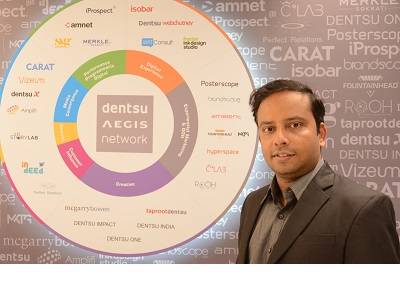


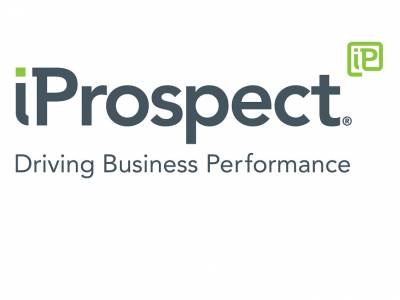
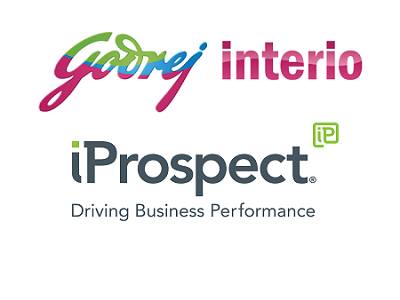



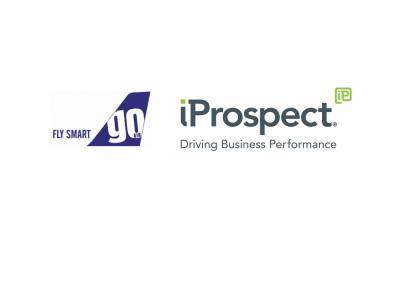
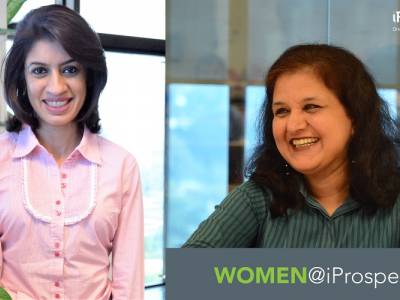
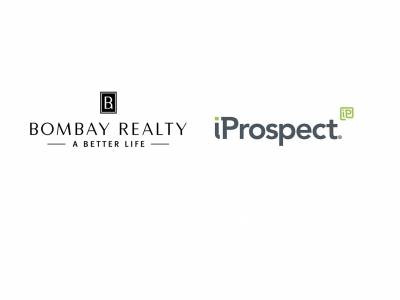



Share
Facebook
YouTube
Tweet
Twitter
LinkedIn